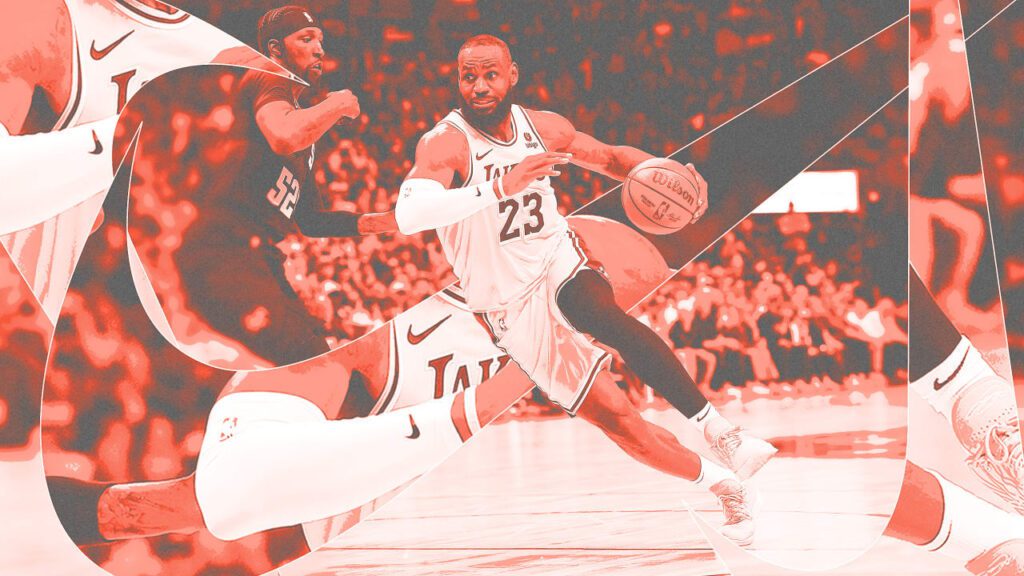The National Basketball Association (NBA) and Nike have renewed their global outfitting, merchandising, marketing, and content partnership for another 12 years. That original deal, struck in 2015 for a reported $1 billion, made Nike the official designer and manufacturer of NBA, WNBA, and G League uniforms, on-court apparel, and fan apparel starting with the 2017-2018 season. Nike would not disclose the financial terms of the new partnership.
Nike first partnered with the NBA in 1992, has been a WNBA marketing partner since its inception in 1997, and a marketing partner of the NBA G League since 2017. In 2022, Nike was part of the $75 million first-ever capital raise by the WNBA.
Given its deep ties and investment, the renewal was pretty much a no-brainer for both sides.
“It was a pretty easy conversation,” says Sal LaRocca, the NBA’s president of global partnerships, told Fast Company. “We share the same vision for the global growth of basketball among boys and girls. Nike’s investment in the NBA, WNBA, and G League, as well as the game globally, really made this an easy decision. We’re really excited for what the next 12 years will hold.”
Nike’s vice president of global athlete sports marketing Tanya Hvizdak, says the decision was equally easy on the swoosh side. “For us, the power of the NBA and our brand, it’s one of the biggest reasons for the growth of the game, and one of the biggest accelerants for us as we look towards the future,” she says.
What’s new
According to Nike and the league, the renewal deal includes new content initiatives, a comprehensive commitment to grassroots basketball, as well as the continued development of a joint membership program that will give fans distinctive products, content, and experiences.
Nike, along with the NBA and WNBA, will be introducing more programs and resources to make best-in-class youth basketball more accessible and scalable, prioritizing broad access to coaching, training, on-court development curriculum, and playing standards to youth of all backgrounds and abilities. The brands will also be collaborating to enhance player, coach and program development opportunities across Nike Elite Youth Basketball League (EYBL) through expanded leadership, player health, and on-court development programming.
There is also a distinct emphasis on improving, developing, branding and scaling youth basketball programming, such as Jr. NBA, Basketball Without Borders (BWB) and Her Time to Play.
LaRocca says that the investments to grow the game through more youth programs around the world is the most significant evolution from the existing partnership deal. “We’re obviously two commercial organizations, but fundamentally, in order to be successful we need to continue to grow the game,“ says LaRocca. “Nike’s interest in and commitment to doing that lays a tremendous foundation for the next 12 years. We didn’t have as high an emphasis on that particular aspect in our previous deal.“
The NBA has put a high priority on international growth. The past six league MVP trophies have been won by players not born in the U.S.—Nikola Jokic, Joel Embiid, and Giannis Antetokounmpo. And commissioner Adam Silver said in August that the league has had discussions to start a new league in Europe.
“The globalization of the game will continue to be incredibly important,” says Hvizdak. “Participation is far beyond our borders. So our investment in that, and growing youth basketball, is a significant piece of what you’re going to see in this new deal.”


